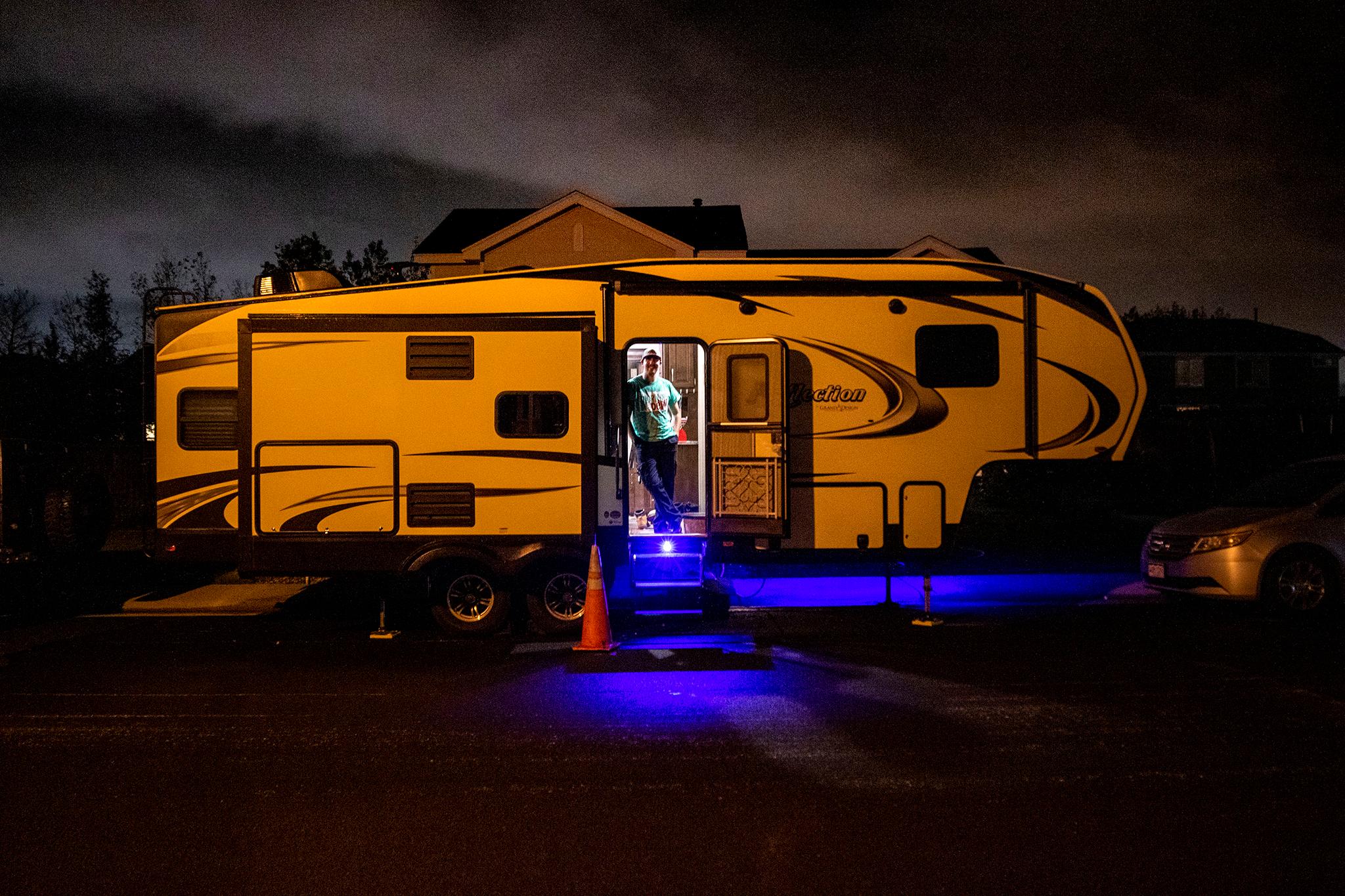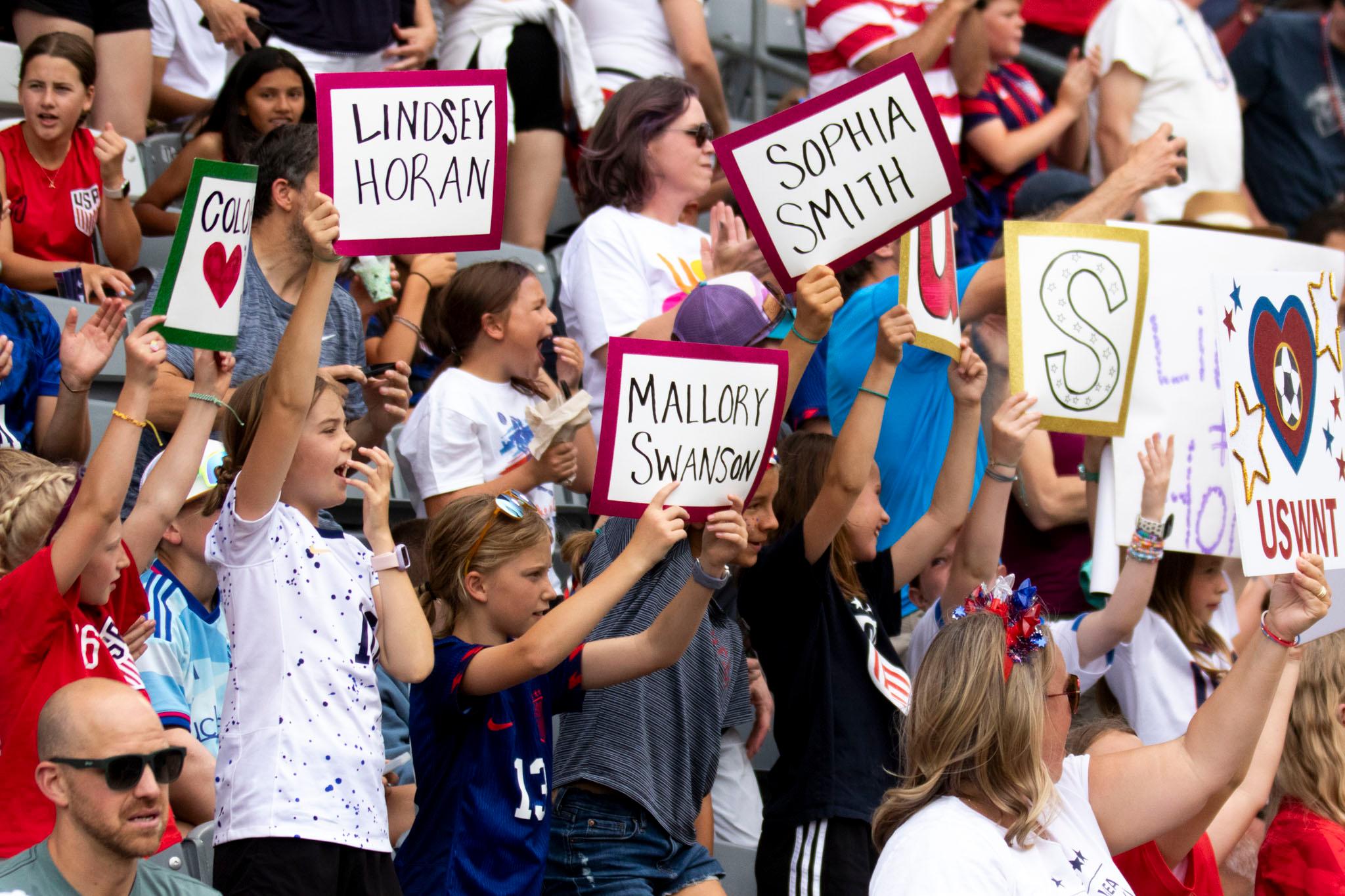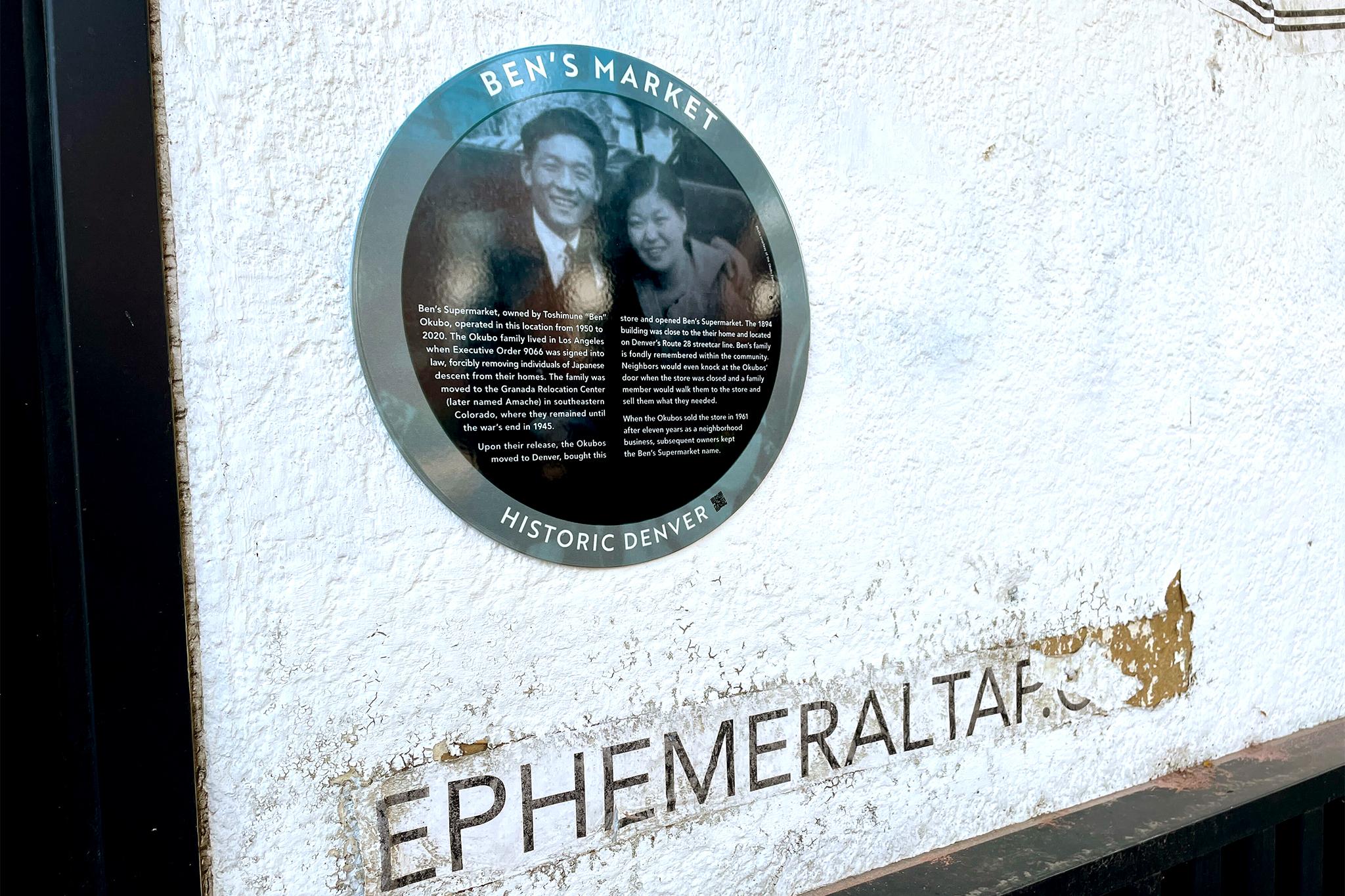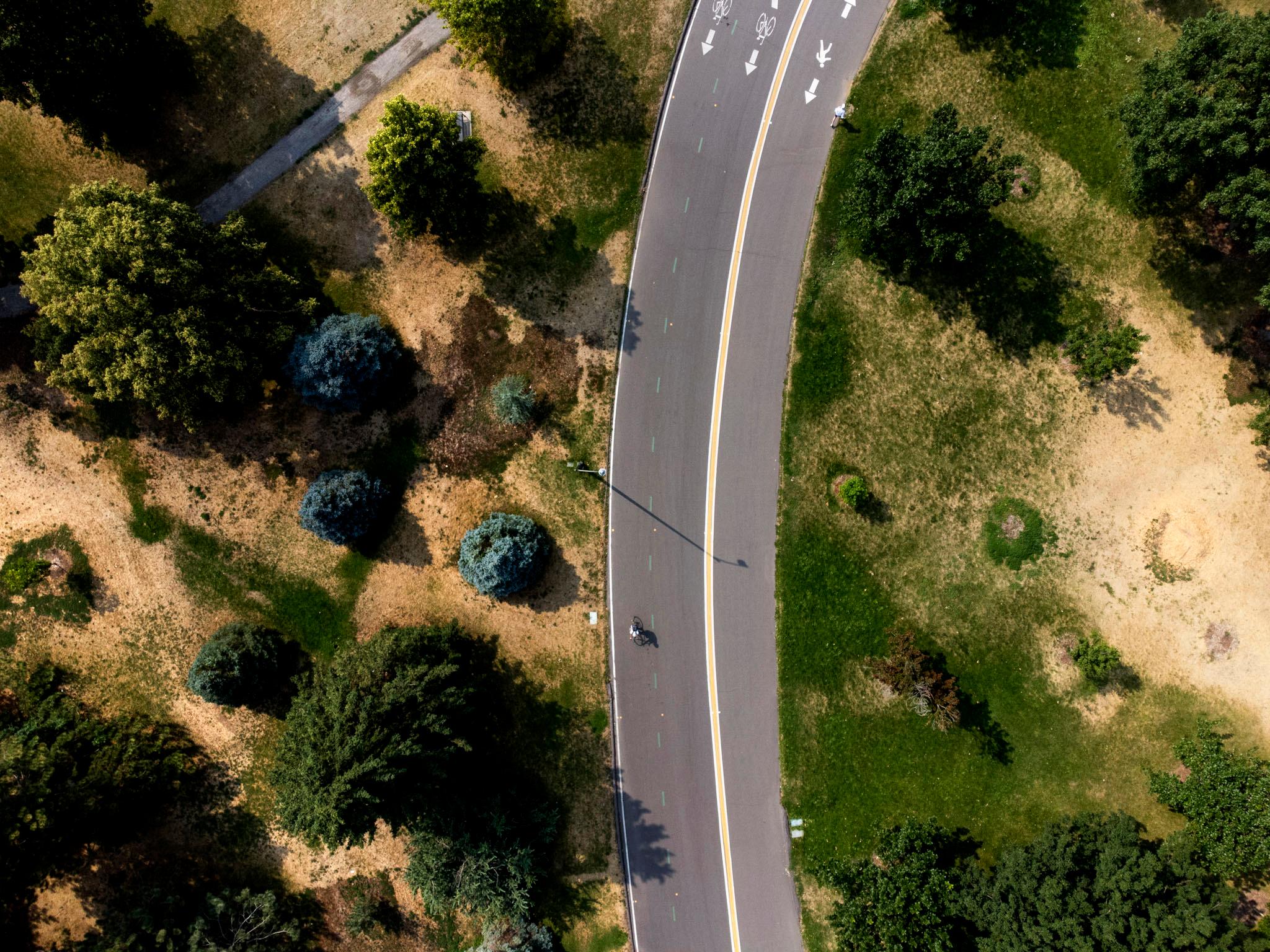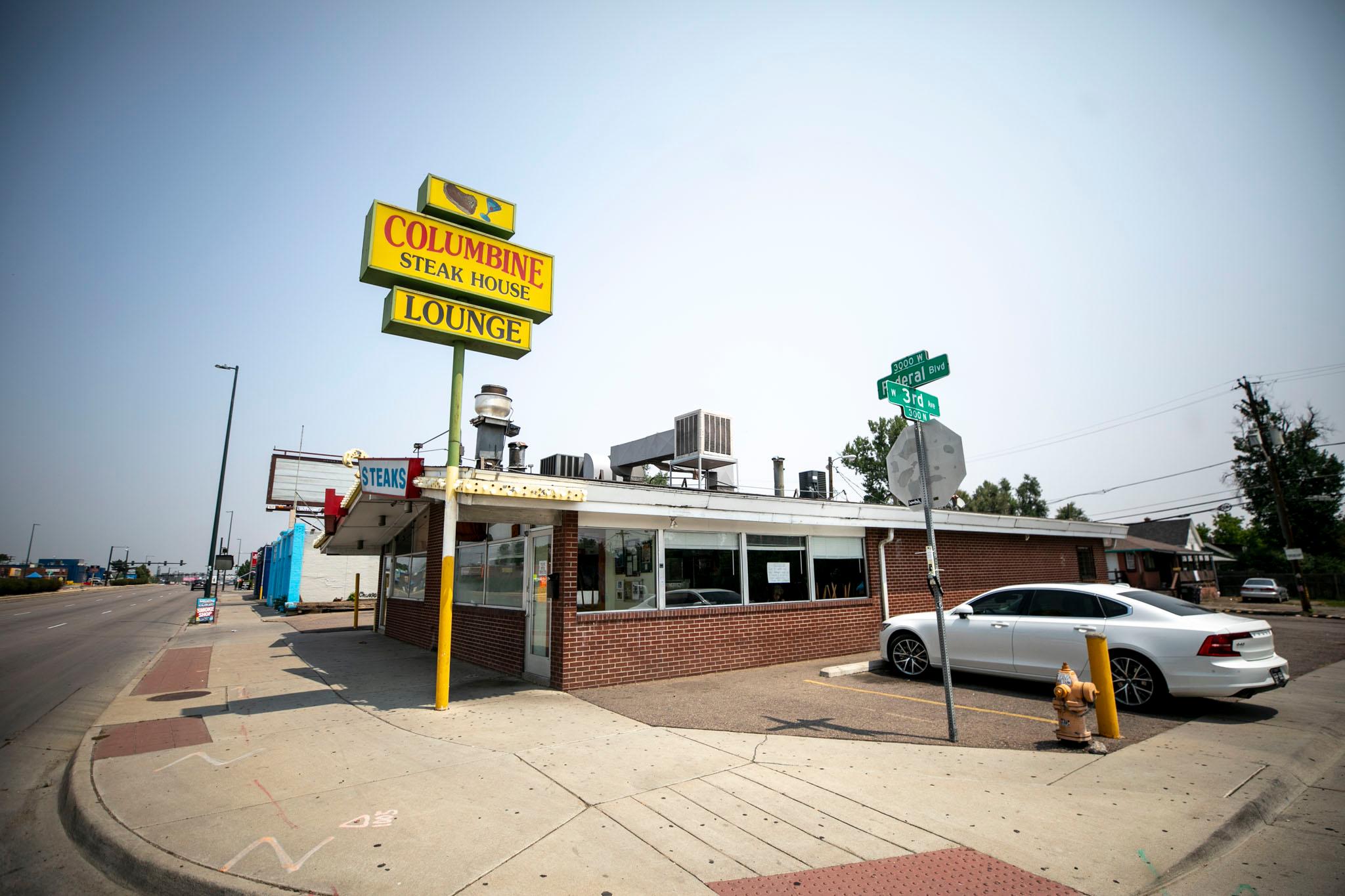In January, 23-year-old EMT Bailey Queen started working in an ambulance for American Medical Response, a private transport service based in Arvada.
He'd been living in the basement of his family's home, beneath his mom, stepdad and three little sisters. Then, the novel coronavirus swept into Colorado, and he was no longer allowed upstairs.
For weeks, Queen said, he and his partner transported COVID-19 patients every day between hospital systems across the entire metro. Some were on their way out to rehab centers after they were taken off ventilators. Others were heading into emergency rooms with the virus. Many of his rides began or ended at assisted living facilities, where most metro-area cases have originated, and nearly all of his patients were over the age of 50.
Living in the basement minimized his risk of exposing his family to the virus. But the proximity to his 5-year-old twin sisters, Autumn and Amber, and 9-year-old Greta still made everyone nervous. He was still touching doorknobs and light switches.
Unbeknownst to Queen, his mother, Sara Walsh, got the ball rolling on a better solution. She called him on FaceTime him one day while he was at work. Behind her on the video feed was a huge residential trailer parked in front of the family's home in Thornton.
"This is your new house," she told him.
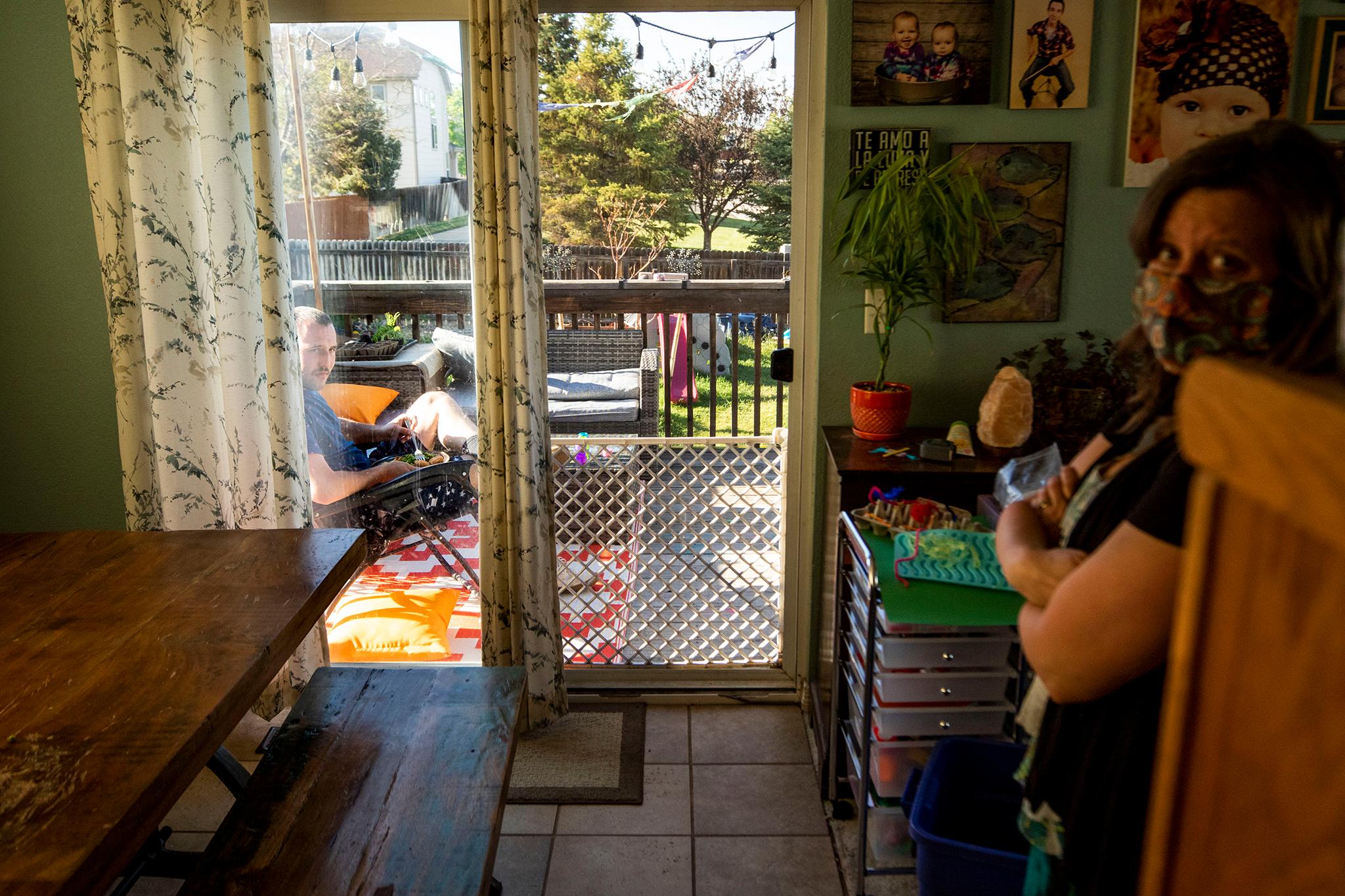
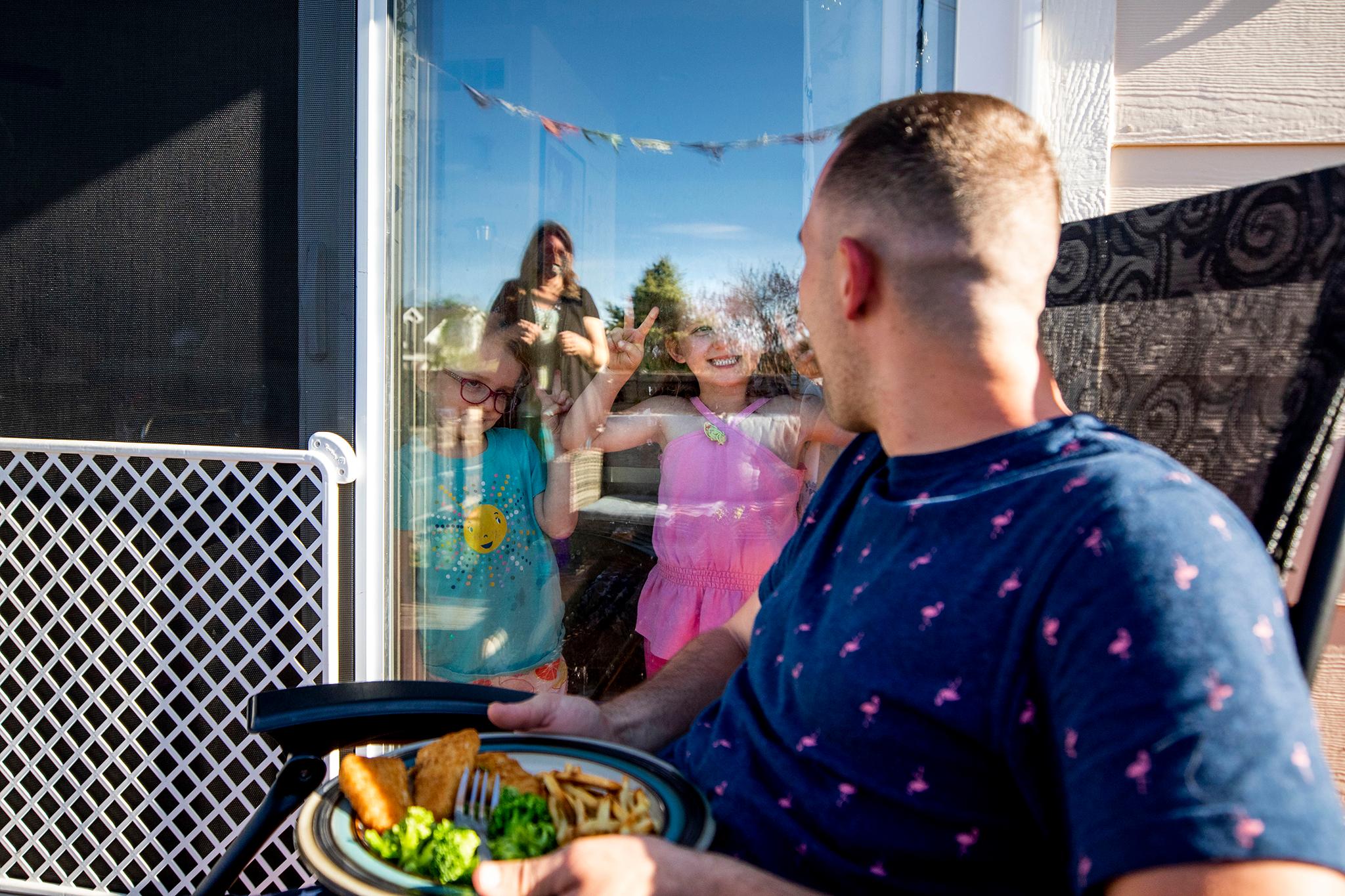
Walsh found the RV through RVs4MDs, a service that connects those who need temporary housing across the nation with people who own trailers and campers. Queen said it was "a little shocking" to come home from his shift and find his living situation had changed, but he's been grateful for the peace of mind that it's offered.
"The threat of me bringing the virus home is still a scary thought," he said. "But, here, it's totally fine."
Walsh said the rest of the family has felt some relief, too. Though her wedding photography business has taken a big hit, her husband is able to work from home, and they're generally secure.
"Where I've been the hardest hit is having to split my family up. It's a huge blessing being able to have him right at the end of our driveway," she said of Queen. "It's just nice for me to be able to look out the window and know he got home from work, know he's there, see the light on. It's comforting knowing that he's safe. And if he were to get sick, he's there."
For now, Queen takes meals with his family from the porch, where his sisters can see him from a safe distance. It's about as close as they'll be able to get until a COVID-19 vaccine becomes widely distributed or he stops seeing infected patients altogether.
Though Colorado's coronavirus cases have declined, Queen and his colleagues still have reason to take precautions.
Liz Steadman is Queen's boss and runs operations and communications for AMR's Arvada headquarters.
Though Queen hasn't seen COVID-positive patients every day in the last two weeks, Steadman said her 150-person crew of EMTs and paramedics have not seen a drop in pandemic-related patients overall.
"It's pretty consistent. I would say 30 to 40 percent of our call volume is still COVID-positive patients. And then a lot of the other 70 percent is still unknown," she said.
Some of those who haven't tested positive do end up with a coronavirus diagnosis when they get to their destinations.
New cases in Colorado have dropped since a peak in mid-April, but Steadman said AMR's pandemic workload has remained constant because it's a private operator that works between hospital systems on non-emergency calls. As opposed to Denver Health responders, who field random 911 calls that may include COVID-19 patients, AMR runs scheduled rides from nursing homes, emergency rooms and rehab clinics that are more likely due to the virus.
Everyone at AMR has been required to wear masks and gloves for every call. EMS workers and paramedics know they're at risk, and they're not taking any chances.
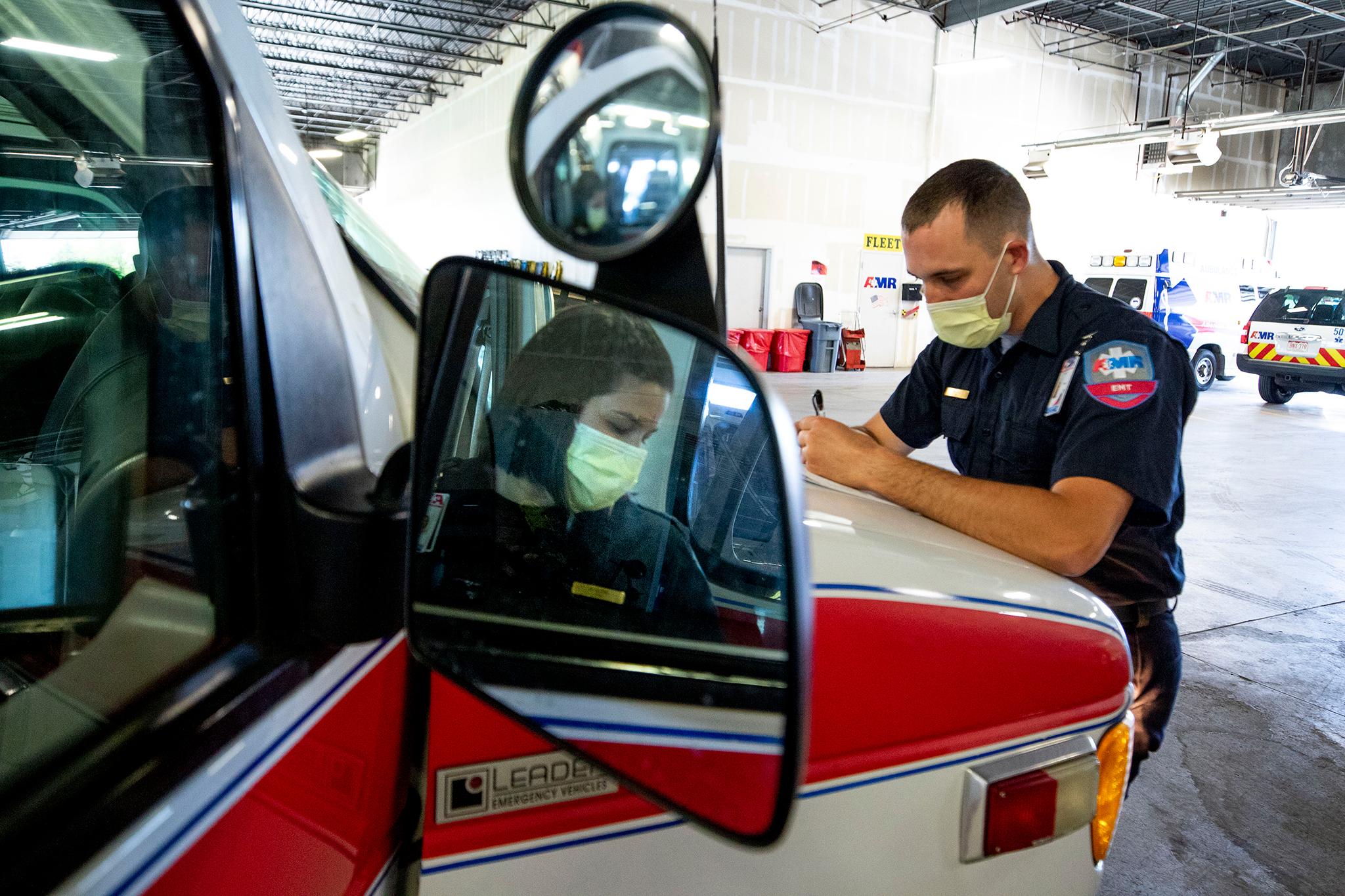
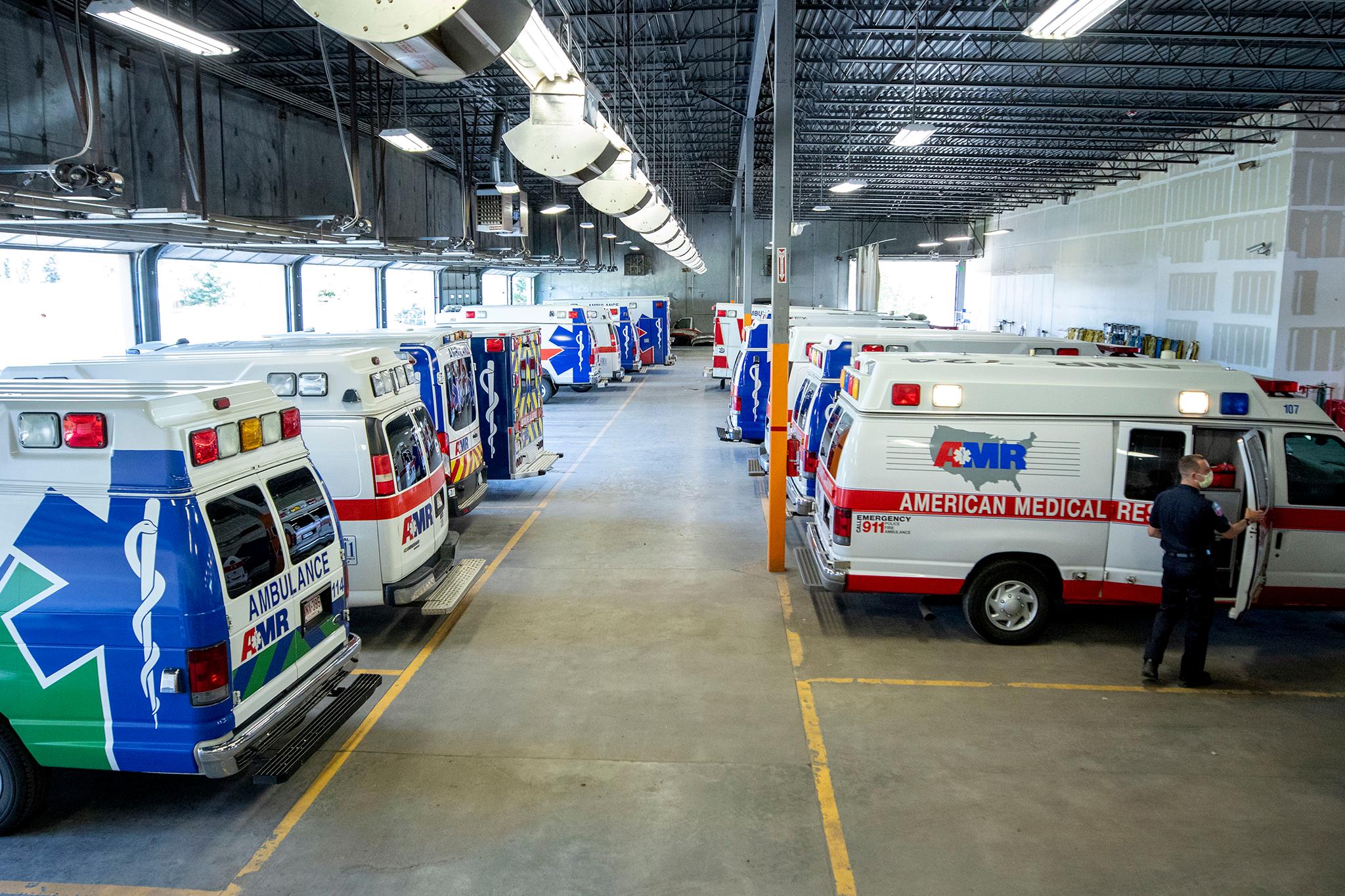
Steadman said a few AMR staffers have contracted COVID-19, though there haven't been any serious cases. There are also employees who were sick months ago and now wonder if it was coronavirus. Chelsa Burrell, Queen's partner, thinks they both had it back in March.
"Oh man, I was sick," she said. "I had a fever of 102.1 for days. It was terrible."
Queen said he was coughing with a sore throat around that time, too. While Burrell said it's "very possible" she had COVID-19, neither she nor Queen have taken an antibody test.
Front-line workers hope the public will help stem the spread of the disease, to keep the community safe and help them return to their normal lives.
Stedman said a lot of Denverites may not know someone who's had the virus, since so many cases have originated in elder care facilities. But she, Queen and her colleagues have a particularly intimate view of the situation, and she hopes people will listen to professionals like them who know what's really happening on the ground.
"It's frustrating to hear that people continue to say that it's fake. We see it every single day, all throughout the day," she said. "Everyone's still affected by it."
Infectious disease experts have warned that a second wave could be possible in the coming months. One analysis from the Imperial College of London found Colorado could be particularly vulnerable to a resurgence.
It's one reason why Stedman is now living in an RV outside of her parents' house, too. Like Queen, she'd been living in a basement and racked with anxiety about getting her family sick.
She and Queen said their mobile apartments are cozy enough and help take the edge off their concerns, but they're both looking forward to returning to their own beds.
Queen plans to move into a house with another EMT in about a month, leaving behind the temporary bedroom that gets a little too hot and that's prone to moth infestations. Stedman isn't sure when she'll be comfortable returning to her normal living arrangement.
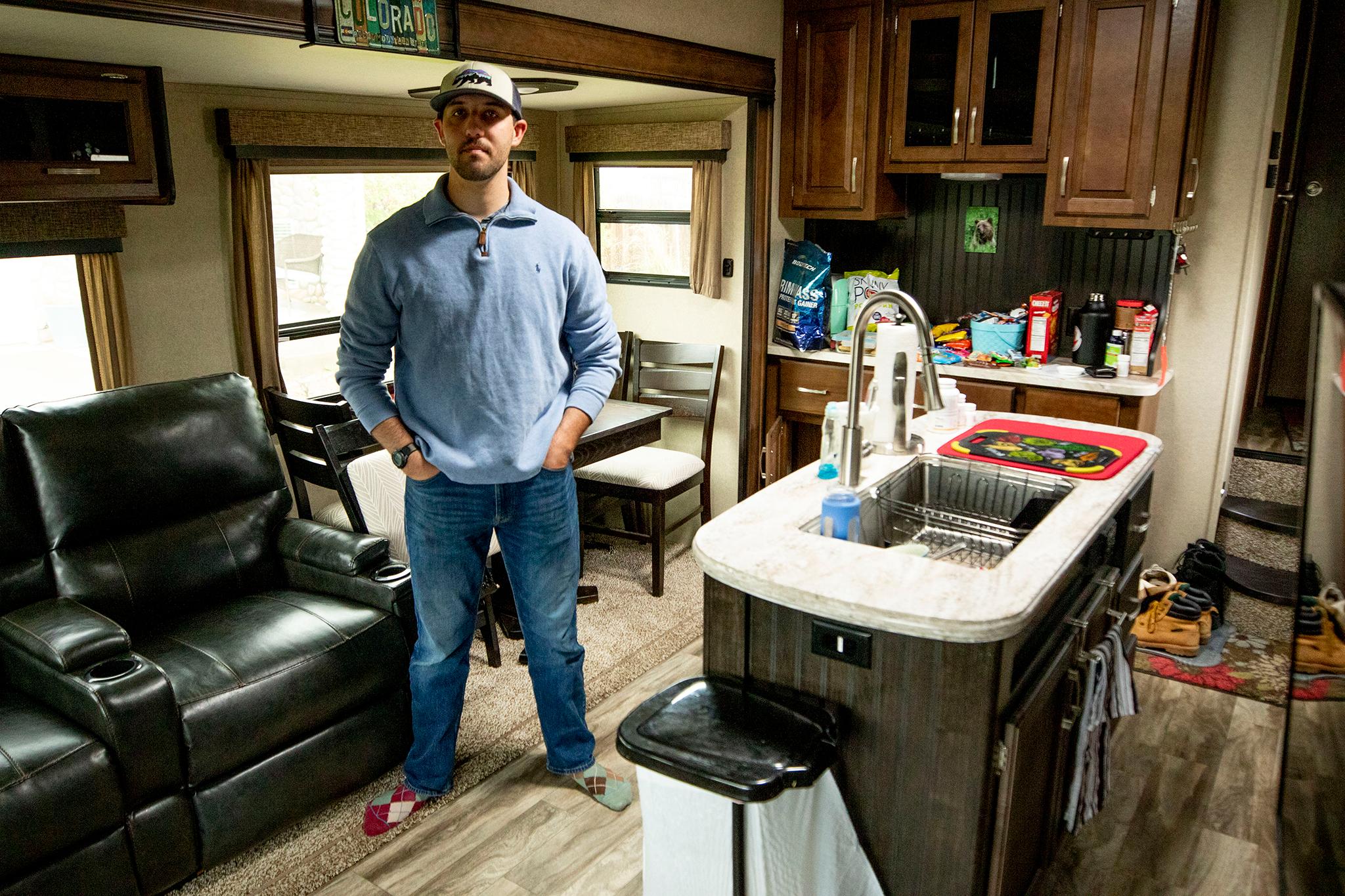
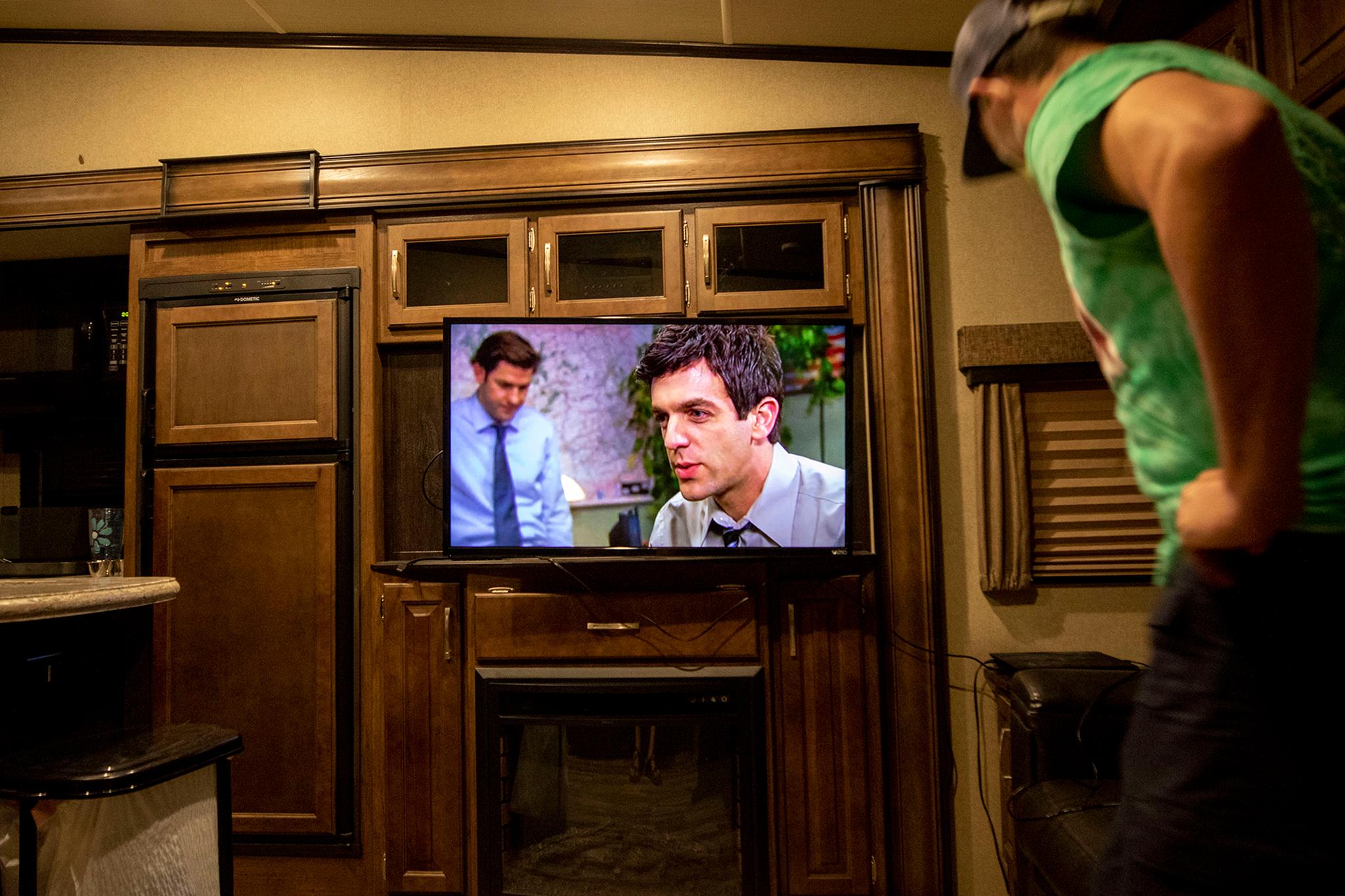
A sense of unease has permeated every part of their lives and may not fade until the virus is under control. Morale around the ambulance bay, Stedman said, has been a little low. She recalled running into one of her crew members in a hallway who "looked pretty drained." He told her he'd just seen his twelth COVID patient of the week.
She's arrived to headquarters early one morning to make pancakes and serve up breakfast for the crews. Last week was supposed to be "EMS week," an annual celebration of their work, but health restrictions and budget cuts at hospitals dampened celebrations.
"We've been trying to do stuff for them," she said. "I did an ice cream social without the social part."
Her employees have returned the favor, too. When she was out last week, some filled her office with balloons.
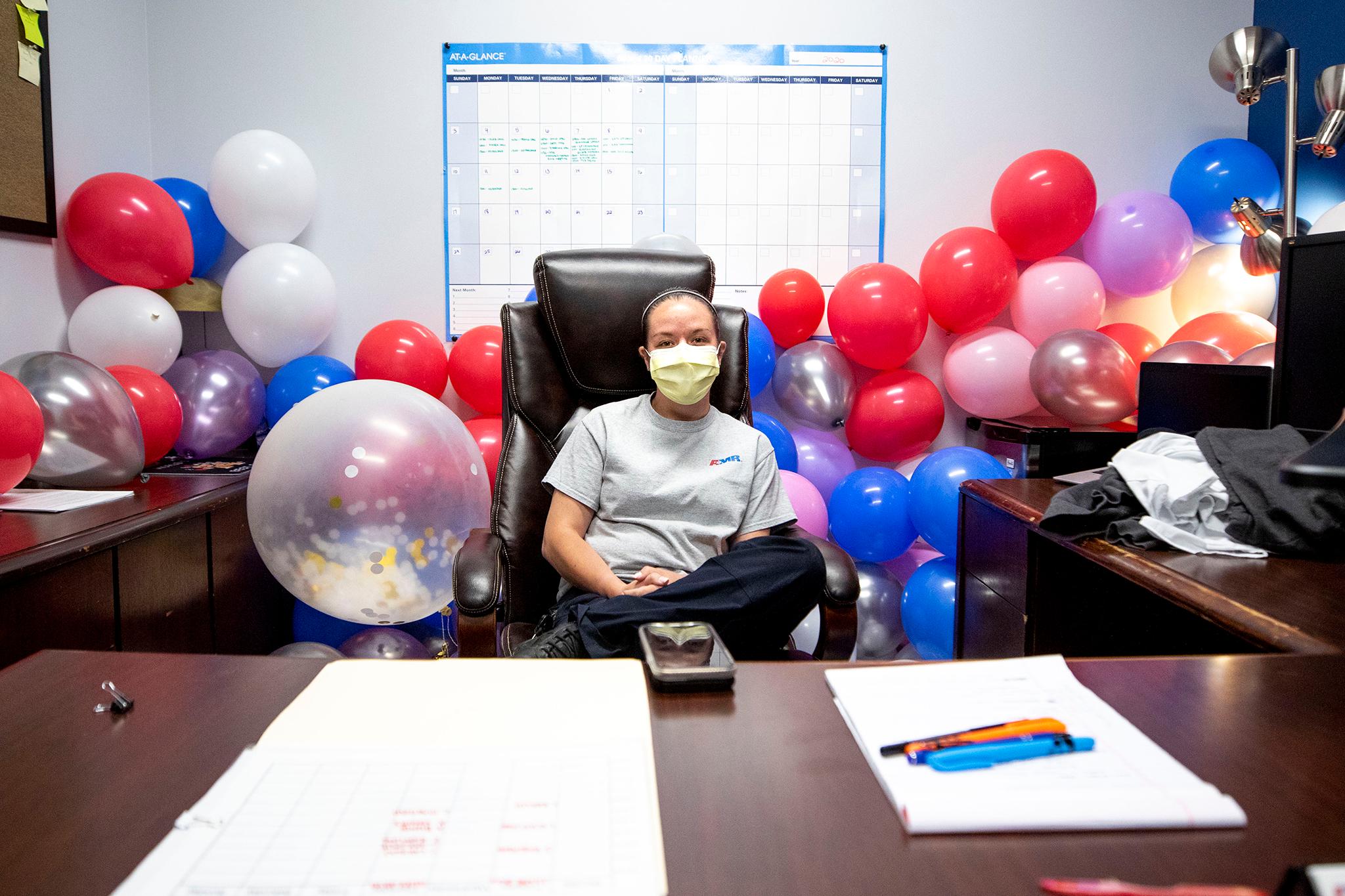
It's the kind of thing workers have had to do for each other as Stedman and many of her colleagues deal with separation from their families, difficult medical cases and political vitriol in the news.
Queen is looking forward to a time when he can get close to his sisters again.
"It works, but I still cant get super-close to them. Just not being able to hug them and be able to play with them," he said. "It's hard."
Correction: This story originally named Housing COVID Heroes as the organization that connected Queen with his RV, but that service provides houses and condos. RVs4MDs is the organization that provides RVs. Both are helmed by Woody Faircloth.

